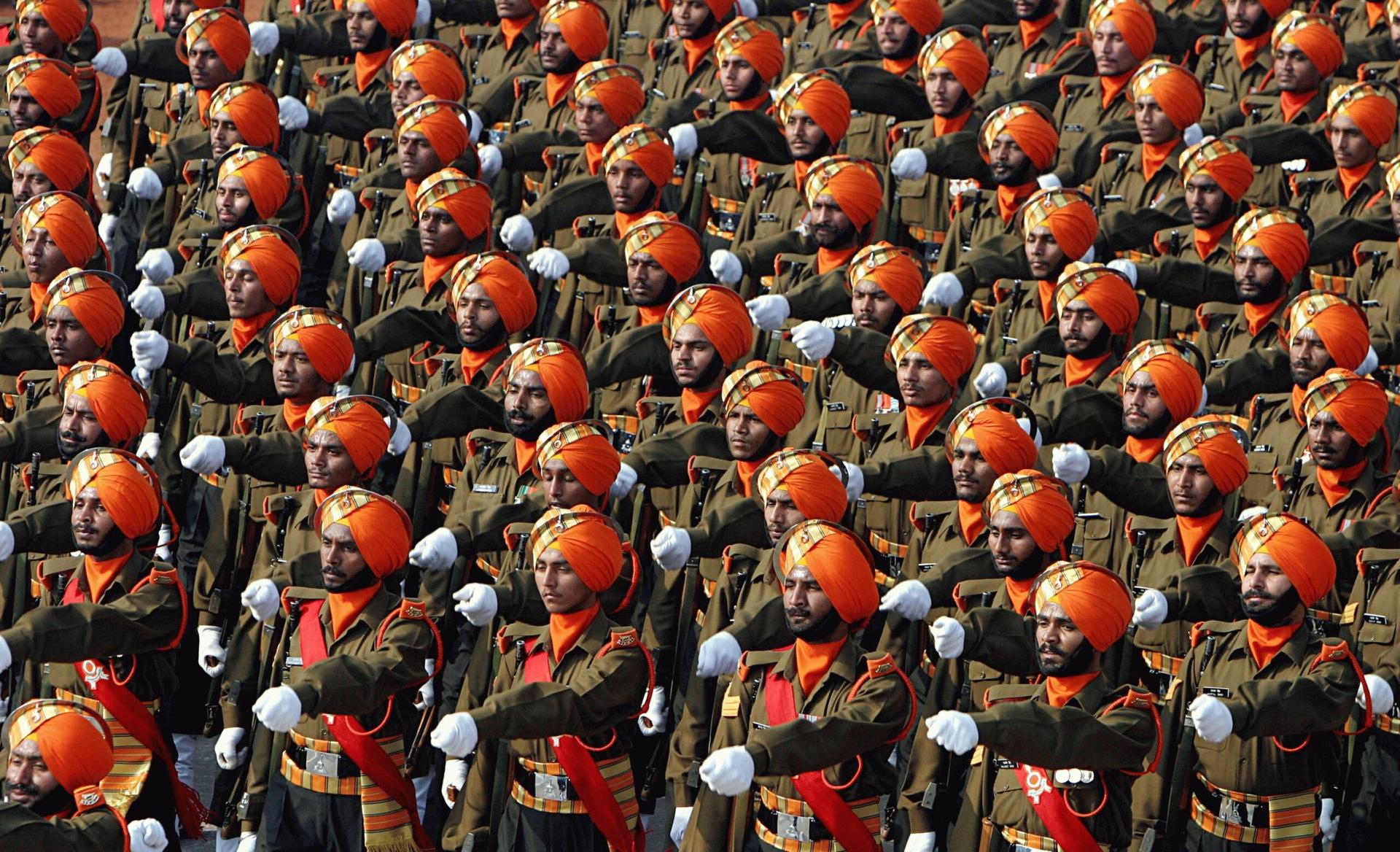MUMBAI, India – In India, the Delhi High Court recently upheld the dismissal of Lieutenant Samuel Kamalesan, a Christian officer from the Indian Army, for his refusal to participate in religious rituals at his regiment’s temple and gurdwara.
Lieutenant Samuel Kamalesan joined the army in 2017 and served in the 3rd Cavalry Regiment, which predominantly recruits soldiers from the Jat, Rajput and Sikh communities. While he did attend religious parades and festivals at the unit’s temple and gurdwara, shortly after his recruitment he sought an exemption from entering the temple’s inner sanctorum to perform the puja Hindu worship ritual, claiming that it went against his Christian beliefs.
Kamalesan has faced disciplinary action ever since, and was dismissed in 2021 after several warnings, leaving him with no access to his pension entitlement and gratuity benefits.
The lieutenant challenged the dismissal and sought reinstatement in service.
He stated that his regiment maintained only a mandir [Hindu temple] and a gurudwara [Sikh place of worship] for religious observances and parades, but did not have a Sarv Dharm Sthal — a place of worship accommodating all faiths — and noted that there was no Christian church on the premises.
He claimed that he regularly accompanied his troops to the mandir and gurudwara for weekly religious parades and festivals but sought exemption from entering the innermost sanctum of the temple during rituals such as puja, havan, or aarti.
Kamalesan stated that he abstained from entering the sanctum sanctorum of temples and gurudwaras during weekly regimental religious parades, aligning with his Protestant Christian beliefs that prohibit idol worship. He maintained that his participation in the outer areas of these religious sites was a sign of respect and solidarity with his troops.
In a statement submitted to the Delhi High Court, the army argued that the traditions Kamalesan sought exemption from are important for building unity and morale in the regiment.
On May 30, the Delhi High Court ruled that Kamalesan’s dismissal was lawful. The judges stated that following orders in the military comes above personal religious choices, and that unity in the armed forces is built through shared traditions, not divided by religion.
Advocate Jesuit Father A Santhanam, a practicing in the Madurai bench of the Madras High Court, said the court ruling was “sad” and failed to respect the officer’s right to his Christian faith.
“The court has also overlooked his appreciable act of attending the parades and standing respectfully outside the sanctum. Such a punishment constitutes religious coercion and undermines India’s secular character,” he told Crux.
“The court did not understand that the alleged misconduct was non-criminal, non-violent, and based solely on faith-based abstention. The Court has invoked Article 33 to justify restricting the officer’s religious rights in the name of discipline, despite no specific law passed by Parliament requiring officers to participate in religious ceremonies of other faiths,” the priest added.
“Such a judgment weakens secularism, undermines the rule of law, and risks creating a majoritarian religious bias within the Armed Forces. Faith is deeply personal to every individual. No authority or order can compel someone to act against their beliefs — such coercion amounts to a form of violence,” Santhanam told Crux.














